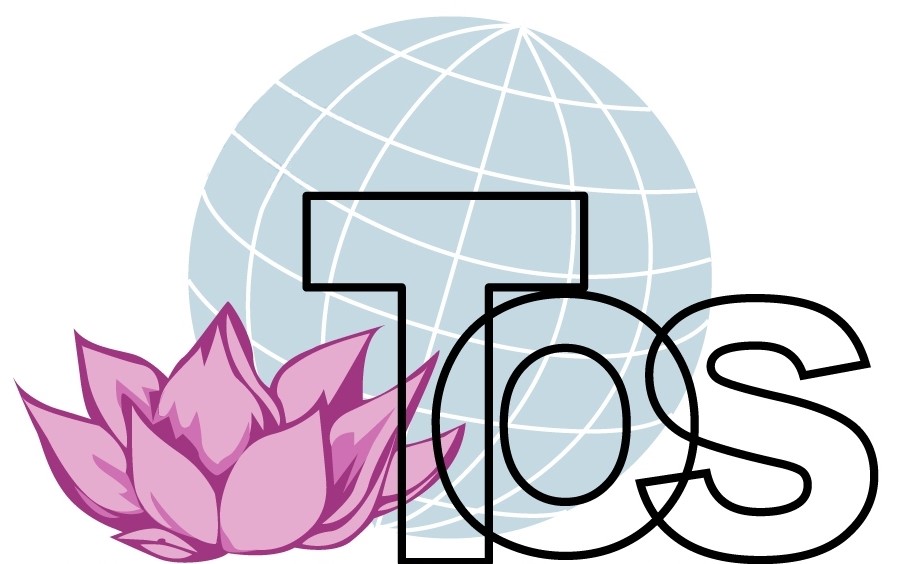Urgent Action Needed to End Human Trafficking
General Topics:
A Modern-Day Slave Trade.
The United Nations, under the leadership of Antonio Mario Costa, head of the UN Office on Drugs and Crime (UNODC) has just completed mid-February 2008 the Vienna Forum to Fight Human Trafficking. Meeting in Vienna, Austria, the Forum brought together government representatives, including a large number of police and immigration officials with representatives of non-governmental organizations.
Trafficking impacts the lives of millions of people — those trafficked and their family members — especially from poorer countries or the poor sections of countries. Trafficking of persons has become a multi-billion dollar business and ranks right after the trade in drugs and guns. Trafficking is an activity or organized crime. In some cases, it is the same organization which deals in drugs, guns and people. In other cases, there is a “division of labor”, but the groups are usually in contact.
As trafficking in people is more often tolerated by the law enforcement agencies than drugs or guns, there has been a shift of people toward trafficking in people. 116 governments have signed a UN-promoted 2000 Protocol to Prevent, Suppress and Punish Trafficking, Especially Women and Children which entered into force in December 2003. However, trafficking in persons is often not a priority for national governments. Some countries which are important links in the trade of persons such as India, Pakistan, and Japan have not yet signed.
Basically, there are two targets of trafficking though they overlap in practice. The first are women and young girls, basically for prostitution or other forms of the sex trade. This trafficking is often a reflection of the poverty, lack of education, and lack of opportunity for women in many parts of the world. Common sense tells us that a society cannot marginalize half of its population and expect positive outcomes. Yet equality of treatment and opportunity for women is very difficult to put into practice. See the article by Fareedaz Amir To Form a Nucleus of the Sisterhood of Humanity for the difficulties and opportunities for action in Pakistan.
Men are the second target of trafficking, often from war-torn areas such as Afghanistan, Iraq, the Kurdish areas of Turkey as well as from countries with little development potential such as West Africa toward Europe, and Central America toward the USA.
For many governments, trafficking is considered a question of illegal migration, and there is relatively little (in some cases no) consideration of the problems of the individual being trafficked. Human concern for those caught in the web is a prime contribution of non-governmental organizations. Concern for physical and mental health is crucial. There is also an obvious need to deal with the issues which have created these pools of people from which traffickers can draw. The large number of refugees from Iraq — over two million in Jordan and Syria — await better political and economic conditions in Iraq so they can return home.
We provide links to four book reviews which will help detail the extent and variety of the trafficking issue. Among the reviews is a handbook prepared by the Franciscans, a Catholic order, with an active office in Geneva which participates in UN efforts on trafficking. The handbook can be of use to TOS members to investigate the issue in the area where they live, to help contact organizations already at work, and to discuss what could be a specific TOS contribution — perhaps in psychological and spiritual care.
